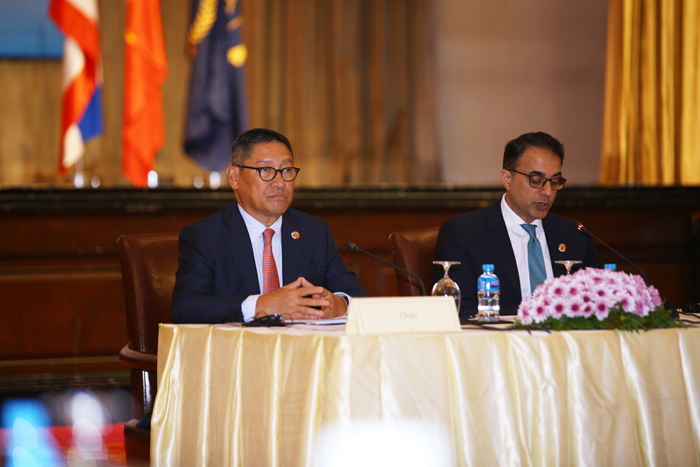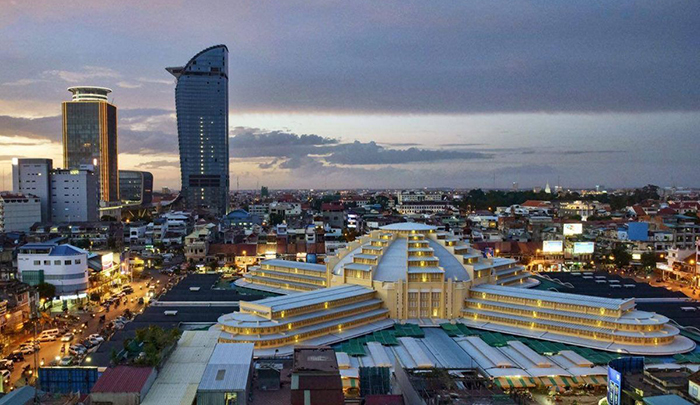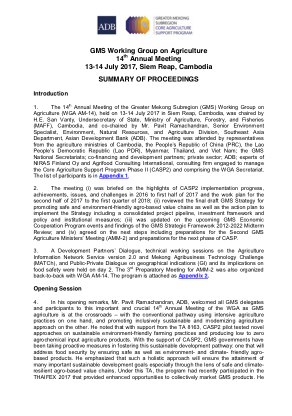Together We Deliver Highlights Lives Improved through Asian Development Fund Grants
Together We Deliver: Grants for a Brighter Future is a special edition of the Asian Development Bank’s (ADB) annual publication featuring stories of lives uplifted across Asia and the Pacific through grant financing by the Asian Development Fund (ADF). The ADF provides grants to support activities that reduce poverty and improve the quality of life in “ADF countries”—the poorest and most vulnerable countries in the region.









